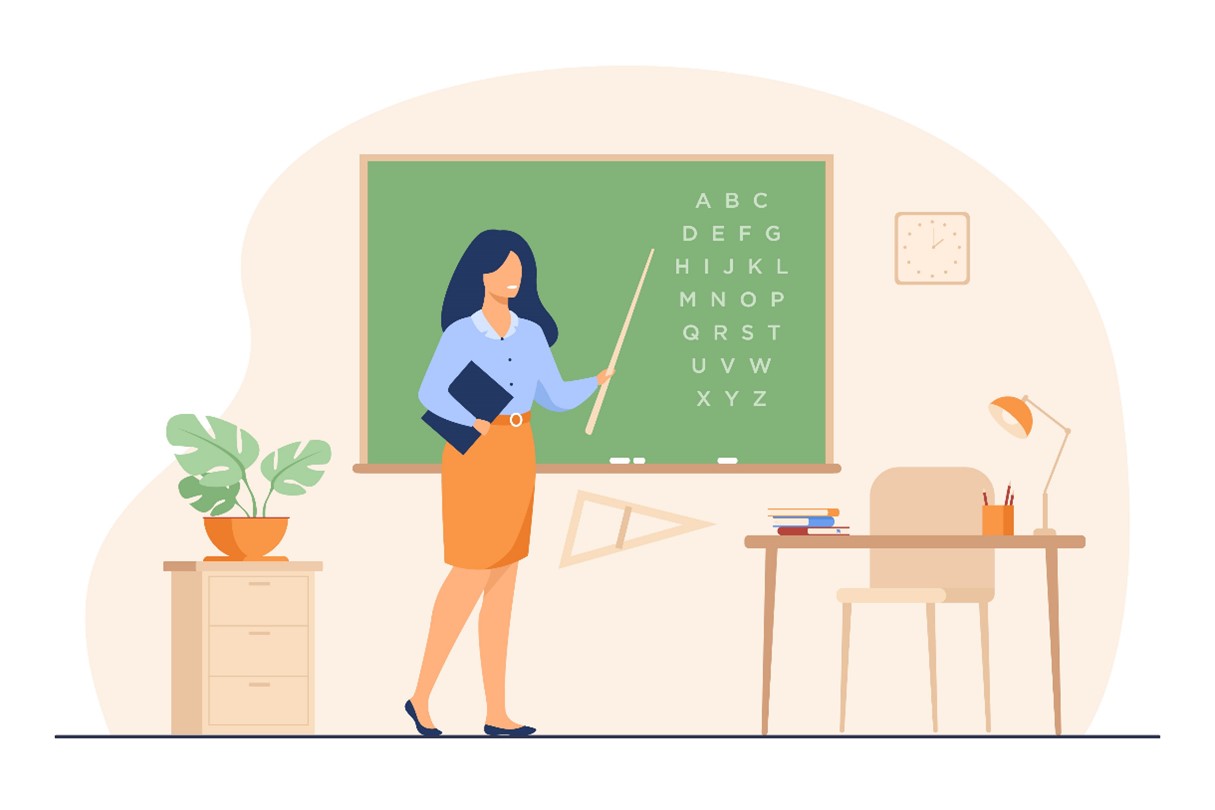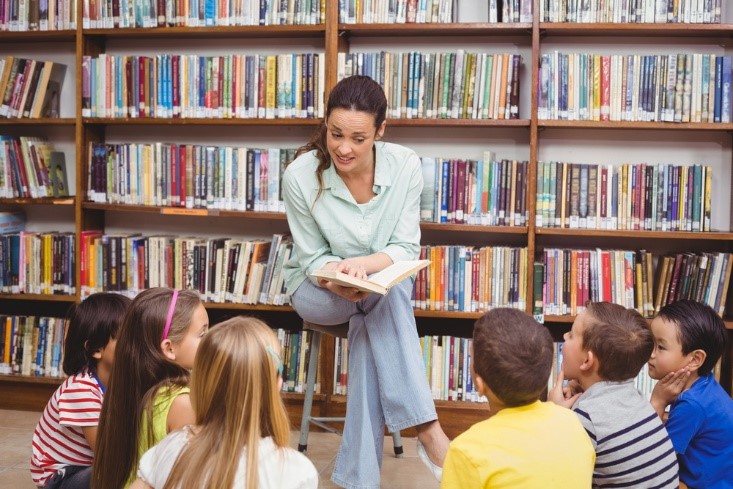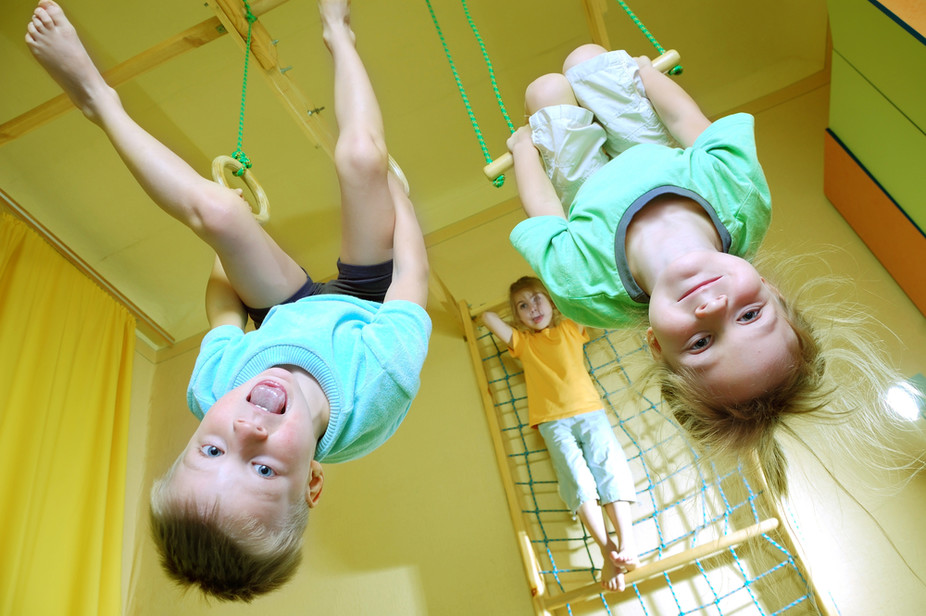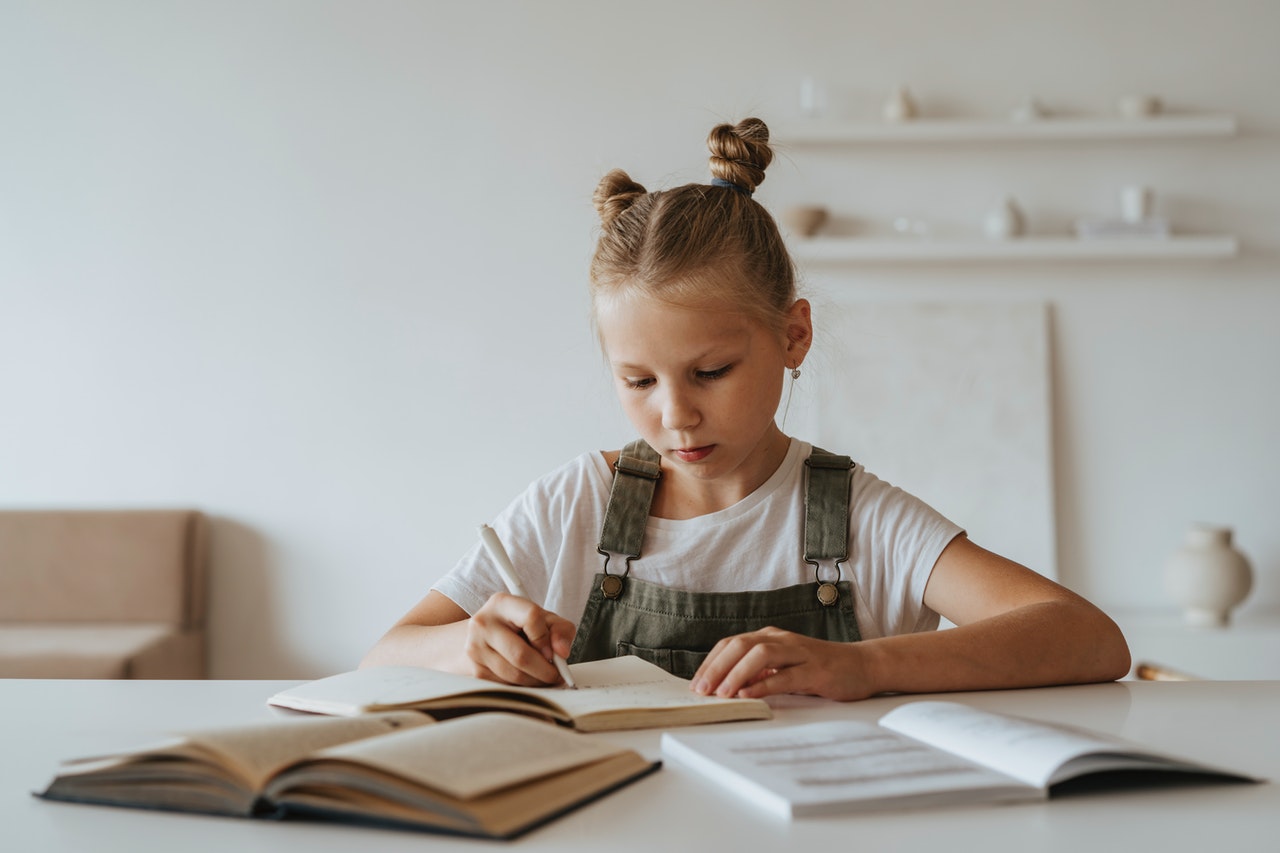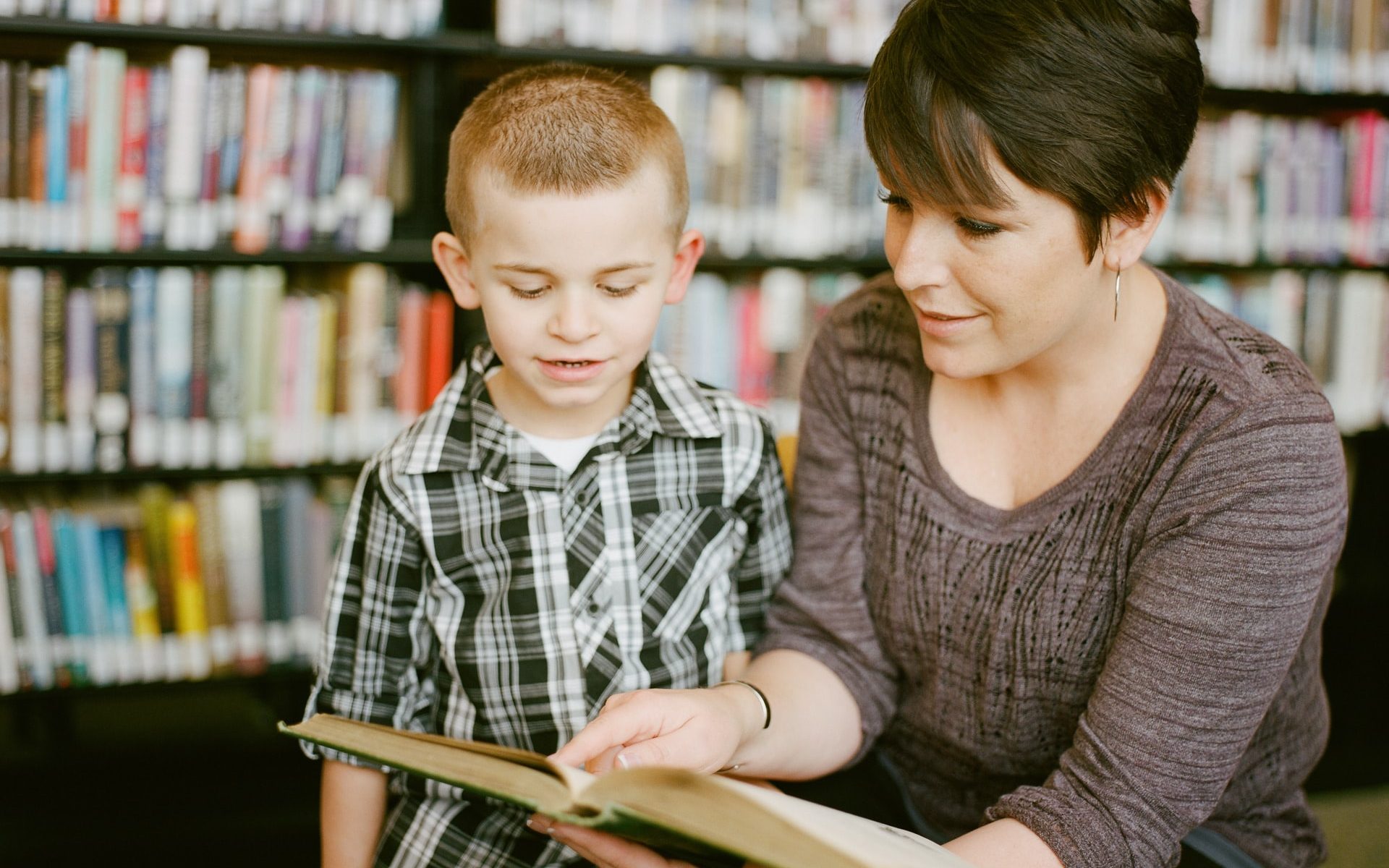Early childhood education is a critical stage in human development. It is the foundation upon which future learning and growth are built, and as such, it requires careful consideration and improvements wherever necessary. As someone deeply invested in the welfare of children and our educational system, I would propose the following strategies to fix early childhood education. Firstly, we must ensure that early childhood education is accessible to all children. This means investing in programs that reach every community, particularly those that are underserved or disadvantaged. By providing scholarships or free tuition for low-income families, we can eliminate the financial …
Continue reading “Here is How I Would Fix Early Childhood Education”

